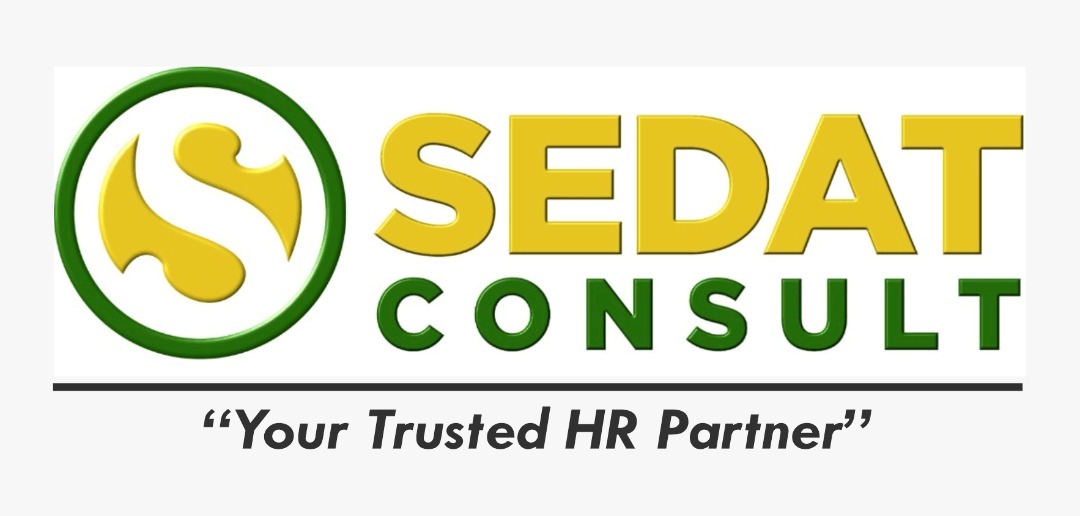
In today’s rapidly evolving business landscape, Human Resources (HR) practitioners have a unique opportunity to transcend their traditional roles and emerge as strategic partners to their organizations. No longer confined to administrative tasks and compliance matters, HR has the potential to wield significant influence in shaping business strategy, driving organizational growth, and enhancing overall performance. So, how can HR practitioners position themselves as strategic partners? Let’s explore five key strategies that, as HR practitioners, we can implement to move from a transactional HR to a strategic HR. By implementing these practical strategies, HR practitioners can align themselves closely with the business objectives and contribute significantly to organizational success.
Understanding the Business Inside Out: The first step towards becoming a strategic partner is to develop a deep understanding of the organization’s goals, challenges, and industry landscape. HR professionals need to immerse themselves in the business, from understanding financial metrics to grasping market trends and competitive forces. By aligning HR initiatives with broader organizational objectives, such as revenue growth, market expansion, or innovation, HR professionals demonstrate their value as strategic contributors to the company’s success.
For example, if you work with a Tech company, you must be interested in the business and take the initiative to attend cross-functional meetings and industry conferences to gain a deeper understanding of the company’s goals and the broader industry landscape. You also need to collaborate closely with department heads to understand their challenges and objectives. Using insights from these initiatives, you can then align your HR initiatives such as talent acquisition, training programmes, and performance management with the company’s strategic priorities, thereby demonstrating HR’s value as a strategic partner.
Data-Driven Decision-Making: In today’s data-driven world, HR practitioners have access to a wealth of information that can inform strategic decision-making. From employee performance metrics to workforce demographics and engagement surveys, HR practitioners can leverage data analytics to gain insights into organizational dynamics and identify areas for improvement. By harnessing the power of data, HR can make evidence-based recommendations to leadership, drive efficiency, and optimize resource allocation, thereby adding tangible value to the organization.
For example, you can develop or improve your analytics skills as an HR practitioner so that you can leverage employee data to identify trends and patterns related to turnover, engagement, and performance. Using analytics tools, you can conduct predictive modelling to forecast future talent needs and develop targeted recruitment strategies. You can also analyse training effectiveness and employee satisfaction surveys to make data-driven recommendations for improving organizational performance and employee retention.
Fostering a Culture of Collaboration: Collaboration is key to success in any organization, and HR practitioners can play a pivotal role in fostering cross-functional partnerships. By breaking down silos and facilitating communication between departments, HR practitioners can promote knowledge sharing, innovation, and synergy across the organization. Whether it is through cross-departmental projects, interdepartmental training programmes, or strategic planning sessions, HR professionals can bridge the gap between different parts of the organization and align efforts towards common goals.
You can initiate cross-departmental projects aimed at improving collaboration and knowledge sharing. You can also organise regular brainstorming sessions and workshops where employees from different departments come together to solve common challenges and share best practices. It will also be good to facilitate interdepartmental training programmes to enhance cross-functional skills and foster a culture of teamwork and innovation.
Anticipating and Addressing Talent Needs: As custodians of human capital, HR practitioners are uniquely positioned to anticipate future talent needs and develop strategies to attract, develop, and retain top talent. By staying abreast of industry trends, skills shortages, and emerging technologies, HR professionals can proactively address talent gaps and ensure that the organization has the right people in the right roles to drive success. Whether it is through talent pipeline development, succession planning, or workforce planning initiatives, HR practitioners can help the organization stay ahead of the curve and maintain a competitive edge.
As a strategy, you can decide to conduct regular workforce planning assessments to identify critical skill gaps and emerging talent needs. Based on these assessments, you can then develop targeted recruitment strategies to attract candidates with the required expertise and experience. It is also important to design training programmes that address skill shortages and prepare employees for future roles within the organization.
Driving Organizational Change: In today’s dynamic business environment, change is inevitable, and HR practitioners can play a crucial role in driving organizational change initiatives. Whether it is implementing new technologies, restructuring business processes, or fostering a culture of innovation, HR practitioners can provide leadership, guidance, and support throughout the change process. By championing change management best practices, communicating effectively with employees, and addressing resistance to change, HR practitioners can help the organization adapt and thrive in the face of disruption.
Let us say you are to lead a cross-functional team to implement a new performance management system aimed at promoting a culture of continuous feedback and development. You need to effectively communicate the benefits of the new system to employees through staff durbars, town hall meetings, training sessions, and informative newsletters. You also need to provide support and resources to managers to help them effectively transition to the new system and address any concerns or resistance from employees. This way, you will be able to effectively manage the change and ensure the successful implementation of the new performance management system.
Indeed, as HR practitioners, we have the opportunity to elevate our roles from transactional functions to transformational ones by positioning ourselves as strategic partners to our organizations. By understanding the business, leveraging data, fostering collaboration, anticipating talent needs and planning to meet them, and driving organizational change, HR practitioners can make a significant impact on organizational success and become indispensable contributors to the company’s long-term growth and prosperity.
I know that sometimes you feel that you are not getting the needed support from your CEO or MD to truly implement your initiatives and demonstrate your contributions to the organisational success. But believe me, if you implement these strategies effectively, you will be on your way to getting the attention of your CEO/MD and gaining their trust. Because they will know that you understand and speak their language. I wish you all the best on your growth journey. If you need me to assist you on this journey, I will be happy to help you. Please, send me an email via careersupport@sedatconsultlimited.com and I will respond to you.
Author: Patricia Abena Kissi (HR Consultant, Author, and CEO, SEDAT Consult Ltd)
This article is powered by SEDAT Consult Ltd. SEDAT Consult provides HR solutions in the areas of recruitment and talent acquisition, staff and HR outsourcing, HR consulting, training and development, salary benchmarking, compensation and benefits management, job analysis and evaluation, performance management, and general HR advisory. Visit our website: www.sedatconsultlimited.com for more information or call +233 (0) 24 462 9245 and let’s discuss how we can meet your HR needs.
